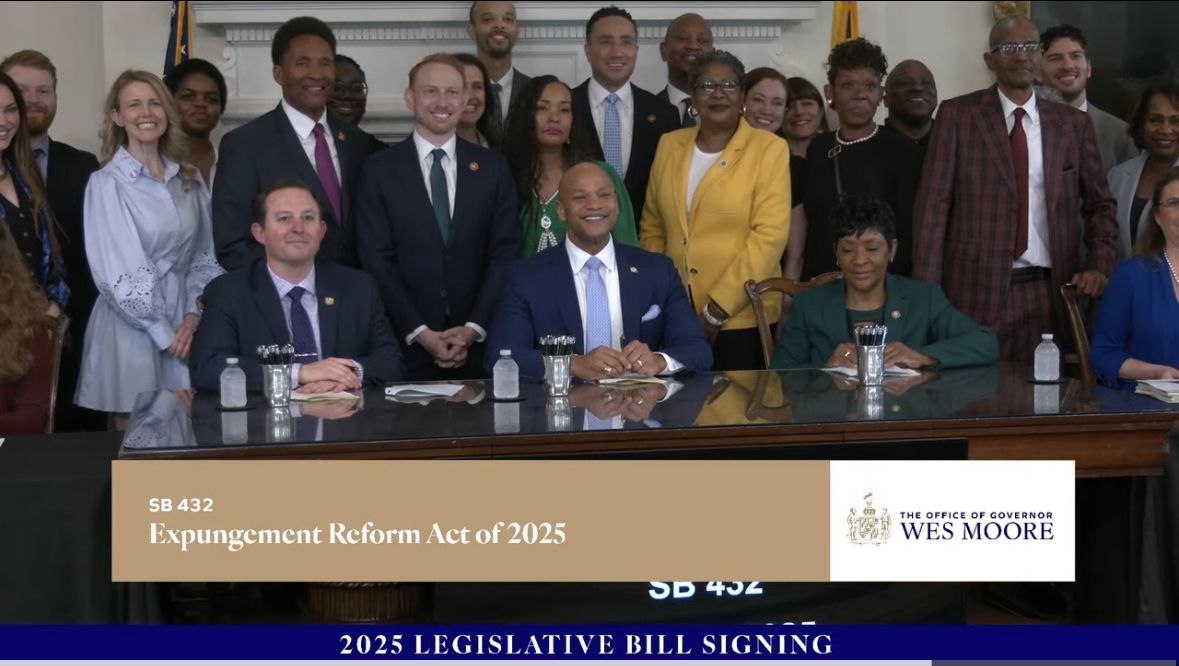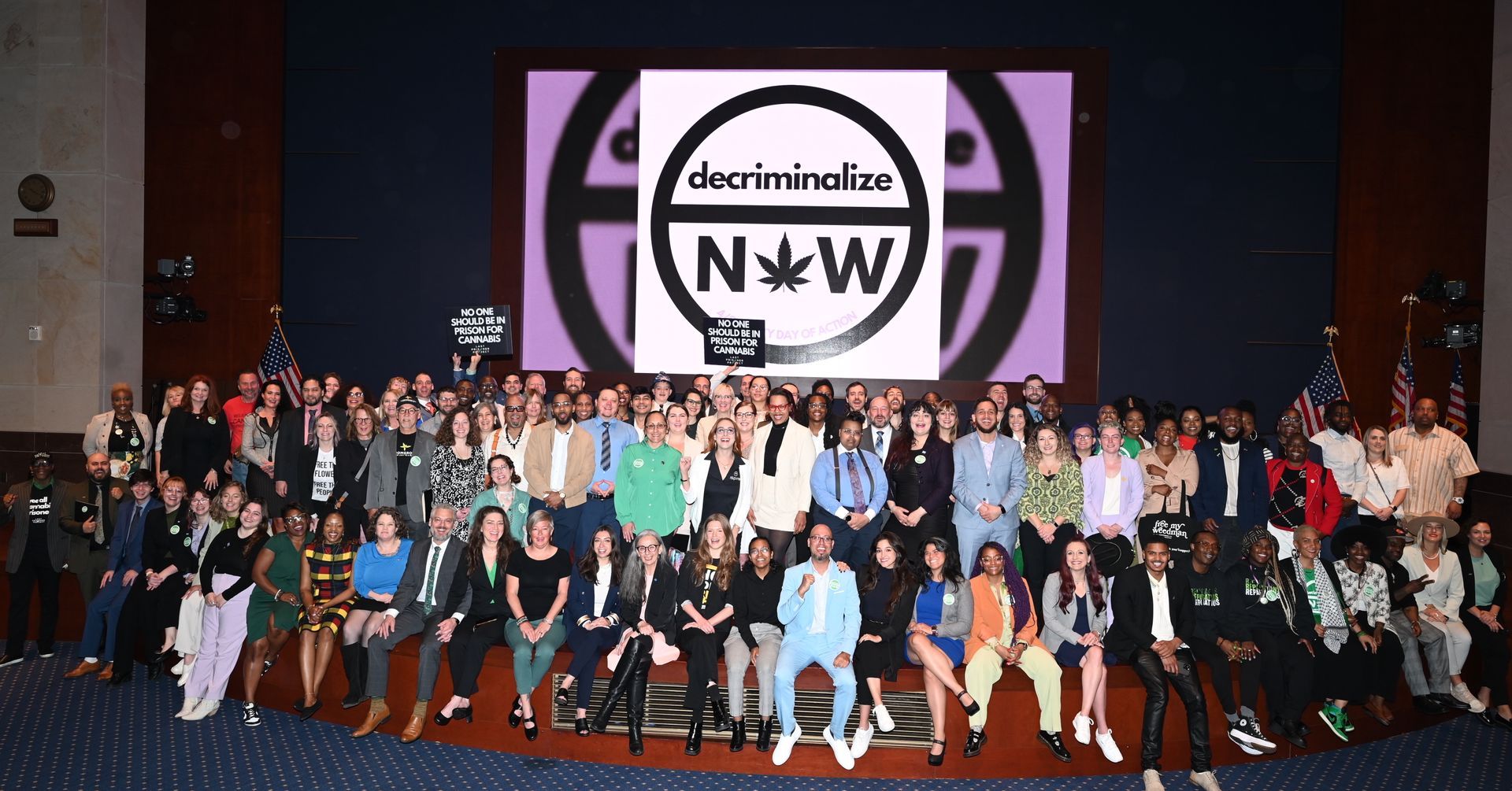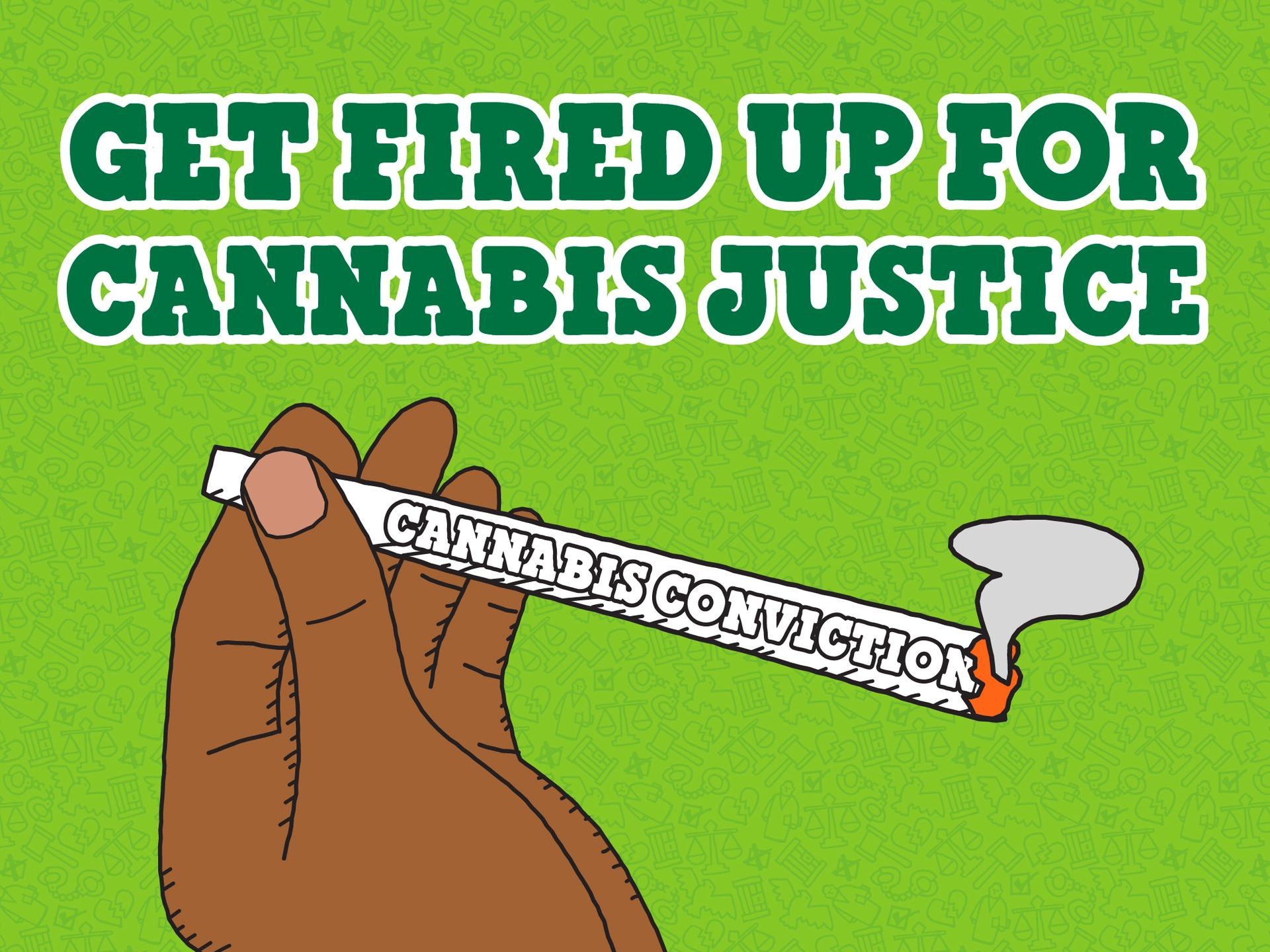Native Roots Raises Funds for Last Prisoner Project at 2024 Charity Golf Tournament
Annual fundraising event and the Native Roots 2023 CSR Impact Report highlight a strong commitment to Diversity, Equity & Inclusion; Sustainability; Wellness; and Community
DENVER (June 10, 2024)
– Native Roots Cannabis Co.,
Colorado’s favorite independent dispensary brand, hosted its third annual charity golf tournament, securing a $55,000 donation to help the
Last Prisoner Project, a non-profit focused on freeing non-violent cannabis prisoners and repairing the discriminatory criminal justice practices of the War on Drugs.
According to the Last Prisoner Project, nearly 16 million Americans have been arrested for marijuana charges over the last two decades – and thousands are currently imprisoned on charges that are no longer illegal in most U.S. states. The nonprofit organization works to effect change through direct legal intervention, constituent support, advocacy campaigns, and working for policy change.
Stephanie Shephard, the director of advocacy at the Last Prisoner Project, accepted the fundraising donation at the event. “Unjust cannabis laws don’t just affect a single person,” Shepard said. “They destroy families and wreck whole communities. Native Roots’ generous donation fuels our mission, driving us closer to justice and freedom for unfairly imprisoned, nonviolent cannabis offenses. Together, we will right this wrong.”
Native Roots just released its
2023 CSR Impact Report, highlighting its efforts around four CSR pillars: Diversity, Equity & Inclusion; Sustainability; Wellness; and Community. In addition to the annual golf charity event, DEI highlights for 2023 in the report include collaborating with Diversity Window for DEI training and initiatives, expanding diversity among team members to include 71.4% female senior leaders and 23% Hispanic/Latino management, and continued partnerships with The Color of Cannabis and Marijuana Industry Group to further social equity entrepreneurs.
Since its inception, the Native Roots team has completed over 3,000 hours of community service. Additional 2023 CSR report highlights include a continued partnership with the Colorado Department of Transportation and MADD Colorado to stop impaired driving, Boulder CU Change Lab for medical research initiatives on the health effects of cannabis, and newly launched clean commuting incentives for employees, resulting in 39,000 completed trips which reduced 94.4 tons of CO2 emissions.
“We are not only committed to improving our community and leading industry progress, we set specific goals to produce tangible impact,” said Buck Dutton, Vice President of Marketing at Native Roots Cannabis Co. “We are grateful to the Last Prisoner Project for their hard work, and we see it as an industry responsibility to effect change for the thousands experiencing unjustified imprisonment over cannabis charges that are no longer illegal in many states today. Together, as a community, we can make a difference thanks to the leaders at Last Prisoner Project.”
To learn more about the Last Prisoner Project, visit
https://www.lastprisonerproject.org/. To learn more about Native Roots' CSR initiatives and impact, review the
2023 Native Rative Roots CSR Report. For more information or to schedule an interview, please contact Shawna Seldon McGregor at
shawna@themaverickpr.com or 917-971-7852.
Native Roots Cannabis Co.: Colorado’s Happy Place
Native Roots Cannabis Co. is one of Colorado’s most successful vertically integrated medical and adult-use cannabis operators. Native Roots has 20 dispensary locations across Colorado, serving thousands of adult consumers daily and the state’s largest number of registered patient members. With over a decade of experience providing cannabis to patients and adult consumers, Native Roots has won national recognition for its sustainable business practices, retail design, high-quality products, and employment practices. Since 2010, Coloradans have turned to Native Roots as their trusted leader in cannabis for wellness and recreation. Native Roots offers a vast assortment of affordable products and a welcoming environment for cannabis beginners and experts alike. Rooted in the community, we are Colorado’s Happy Place. To learn more about the company, visit nativerootscannabis.com. Follow Native Roots on LinkedIn, Facebook, Twitter and Instagram.
LAST PRISONER PROJECT
The Last Prisoner Project is dedicated to freeing those incarcerated due to the War on Drugs, reuniting their families, and helping them rebuild their lives. As laws change, there remains a fundamental injustice for individuals whose conviction is no longer a crime. We work to repair these harms through legal intervention, constituent support, direct advocacy, and policy change. Visit www.lastprisonerproject.org or text FREEDOM to 24365 to learn more.






